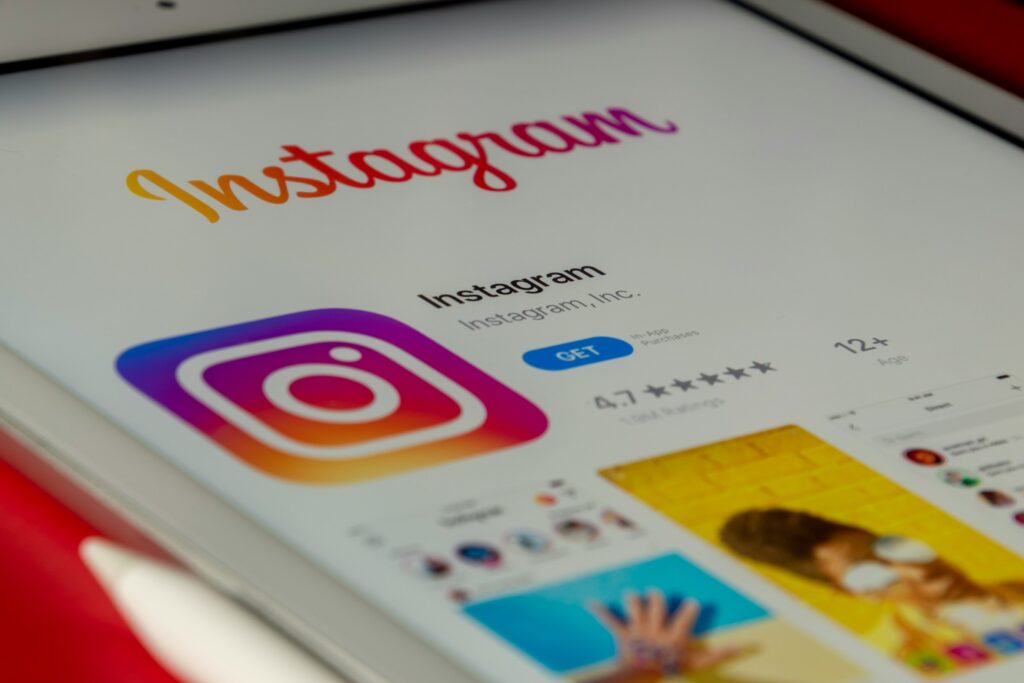Discover the one interview question that could determine whether or not you get the job. Learn how a CEO uses this straightforward query to gauge a candidate’s values, commitment, and loyalty.
You’re sitting in a high-stakes interview. The conversation is flowing well, and you think you’ve nailed every question so far. Then, the recruiter asks one final, seemingly simple question: “How soon can you start?” You respond quickly, eager to impress—only to find out later that your answer cost you the job.

The CEO of the Consumer Technology Association (CTA); Gary Shapiro, is known for asking this exact question in interviews. While it may seem straightforward, it’s a make-or-break moment that can instantly disqualify candidates. Shapiro and many other folks in charge of recruitment believe that how a person leaves their previous job says a lot about their commitment and integrity—two traits most companies value deeply.
Actually, ALL companies. If you find a company that doesn’t seem to value integrity and commitment, RUN.
Back to it. Let’s see why this question is so important, how you should approach it, and what it reveals about you as a candidate.
Why the Question Isn’t as Simple as It Seems

When they ask, “How soon can you start?” it’s tempting to think they’re just eager to fill the position quickly. But that’s not the full story. You should note that it’s not just about logistics. It’s a character test. If you’re currently employed and say you can start in less than two weeks, that’s a huge red flag.
“If someone can leave their current employer in the lurch, they might do the same to their next one.”
It signals that you might be willing to leave your current employer in the choppy waters—and recruiters could assume you could do the same to their company one day.
For Shapiro, the answer is less about how fast you can jump ship and more about your loyalty and professionalism. Even if you’re eager to move on, he wants to see that you care about leaving your former job on good terms. After all, how you exit a role often says more about your character than how you perform while you’re there.
The Right Way to Answer: It’s About Balance

So, how do you ace this tricky question? If you’re currently employed, your best bet is to be honest while showing your commitment to responsibly wrapping up your current role. A good answer might sound like this:
“I’m excited about this opportunity and eager to contribute, but I want to ensure I leave my current employer in good standing. I’d need to give at least two weeks’ notice, and depending on the complexity of the transition, it might extend up to four to six weeks. However, I can remain flexible and work to meet your timeline.”
This shows that you respect your current employer while also expressing enthusiasm for the new role. It’s a balancing act between commitment to your present job and excitement for your future one.
What This Reveals About You as a Candidate
While the question itself seems straightforward, it’s really testing much more than your availability. Your answer can signal your values, work ethic, and decision-making skills. Are you someone who cares about maintaining professional relationships, even when you’re leaving a company? Or are you only focused on yourself and the next opportunity?

At every turn, you should be concerned about presenting yourself as the candidate who will do the right thing, even if your current workplace is not where you can stand to be for one minute. The ability to show yourself in that light, and not just as someone looking out for themselves could very well be what seals the deal for you. Your answer to this interview question should demonstrate that you’re a thoughtful, considerate professional who values responsibility and teamwork.
What If You’re Currently Unemployed?

If you’re between jobs, it’s easier. The question still matters, but it won’t be as make-or-break. In this case, you can answer with enthusiasm:
“I can start as soon as needed. I’m available immediately and ready to hit the ground running.”
This shows readiness and eagerness without the baggage of leaving another employer behind. Oh one more thing: just be sure to also emphasize your preparation for the role to avoid sounding overly desperate.
Supporting Questions That Build the Bigger Picture
The when-can-you-start interview question is a great start, but it may not be the only one determining whether you’re hired. It helps hiring managers get a sense of your work ethic, but it won’t be the only thing they ask. You’ll likely be faced with follow-up questions that dig deeper into why you want the job, what motivates you, and how you handle transitions.

For example, when asked, “Why are you looking for a new role?” take it as an opportunity to show your mindset. Are you looking for growth and new challenges, or are you just trying to escape your current situation? It’s important to frame your answer in a way that shows you’re moving toward something better, not just away from something bad.
Another common question is, “What excites you about this company?” This is where your research comes into play. Make sure you’ve done your homework on the company’s mission, values, and culture. Tailor your answer to show that you genuinely care about what they do and how you can contribute, not just looking for any job that comes along.

These questions, while simple, help paint a clearer picture of who you are as a candidate. They show whether your values align with the company’s and if you’re genuinely invested in the opportunity, beyond just the paycheck.
Key Takeaways for Job Seekers

When preparing for an interview, remember that how you answer seemingly simple asks like this interview question can speak volumes. Here are some quick tips for answering the “How soon can you start?” question effectively:
- Be Honest: If you need time to transition from your current role, say so. Honesty shows you value your commitments.
- Show Enthusiasm: Even if you can’t start immediately, make it clear that you’re excited about the opportunity and flexible.
- Consider the Employer’s Perspective: Understand that the question tests your loyalty and respect for professional relationships.
- Avoid Burning Bridges: How you leave one job can affect your reputation and future opportunities.
Your Move—Answering the Right Way Can Land You the Job

The next time you’re asked, “How soon can you start?” remember that your answer to this interview question is more than just a date. It’s a reflection of your character, work ethic, and readiness for a new challenge. By thoughtfully considering your response and showing both enthusiasm and respect, you’re much more likely to land the job—and leave your current one on good terms.












